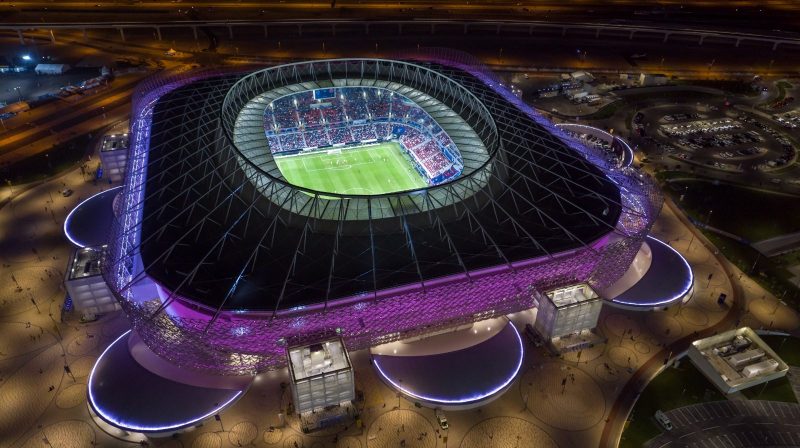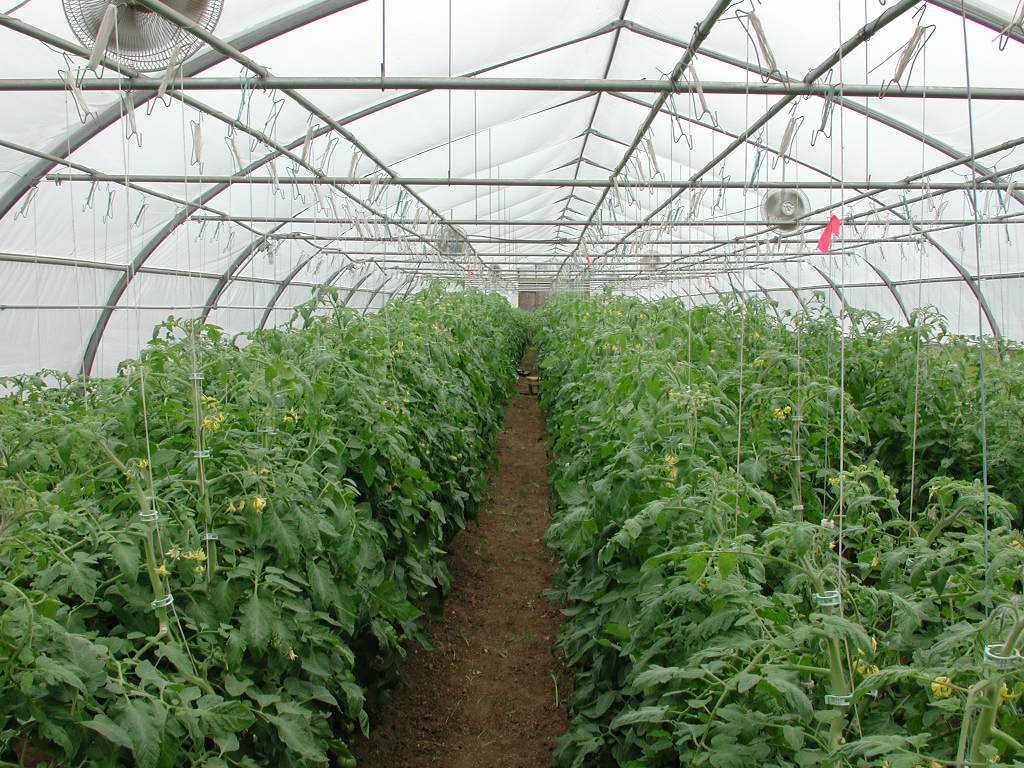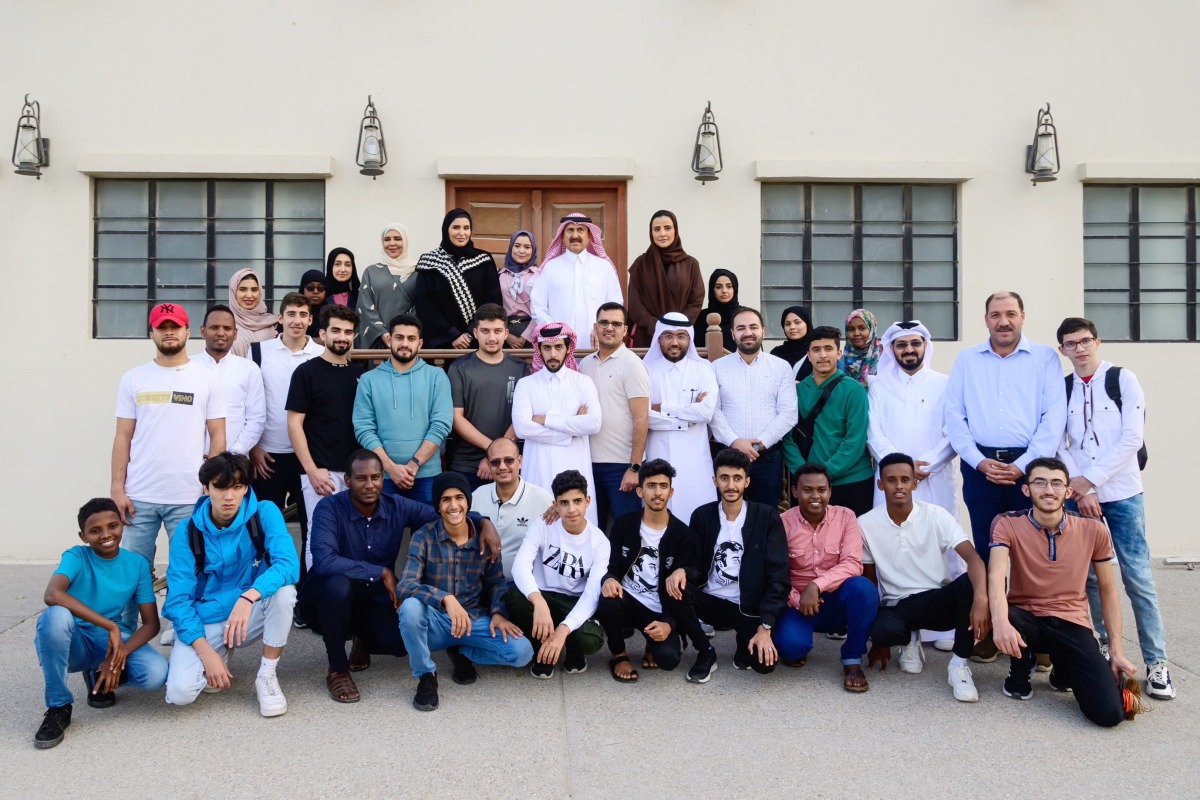According to beIN Sports on Sunday, Qatar and Morocco inked a significant declaration to strengthen their bilateral security cooperation for the 2022 FIFA World Cup.
Since at least 1.5 million fans are expected to go to Qatar for the World Cup, the two nations agreed to work together to secure their protection.
The latest development came after reports in May stated that Morocco agreed to deploy a team of cybersecurity experts to Qatar ahead of the major sporting event.
According to Moroccan media, Doha had requested Rabat’s assistance in securing the major sporting event as part of its efforts to expand the two countries’ security cooperation.
The head of Morocco’s General Directorate for National Security and Territorial Surveillance (DGSN-DGST) Abdellatif Hammouchi was also in Doha in May.
During his trip to the Gulf state, the Moroccan official also visited the Lusail Stadium, where the final World Cup 2022 match is scheduled to take place.
Hammouchi toured the stadium’s security operations room and the command post where matters related to cybersecurity are expected to be based.
World Cup security
Beyond Morocco, Qatar held various discussions with its international partners in an effort to secure the World Cup, the first to take place in the Middle East.
In July, Turkey announced plans of sending chemical, biological, radiological and nuclear defence (CBRN) personnel during the event. The Turkish Armed Forces have been carrying out CBRN duties since 1930.
In December last year, Turkey announced plans to send some 3,000 members of its riot police units to Qatar for the World Cup.
Turkish Interior Minister Suleyman Soylu told the press that the number of officers may be increased, with a general coordinator from Turkish law enforcement, more than 40 security advisers, and search dogs to be dispatched to Qatar.
Also in July, South Korean reports stated the Asian nation’s army will dispatch five police officers specialising in counter-terrorism to Qatar to exchange security expertise.
This is set to be the first time South Korea’s military police dispatches its personnel abroad.
In Europe, France agreed in December last year to send personnel and material to the Gulf state, including a BASSALT anti-drone system that detects and identifies incoming drones.
France also said it will be sending one of its Air Force’s four E-3F Airborne Warning and Control System (AWACS), which can track hundreds of targets.
Meanwhile, Qatar and Italy signed an agreement last month on defence cooperation in preparation for the World Cup.
In August, Qatar inaugurated the Qatari Typhoon aircraft at Warton air base in the UK, as part of wider efforts to secure the sporting event.
Last year, Qatar and UK defence officials discussed joint security for the World Cup, with the allies taking part in the ‘Watan’ exercise to test the preparation for the tournament.
Bilateral defence ties were further discussed in May during the visit of Qatar’s Amir Sheikh Tamim bin Hamad Al Thani to the UK.
Soon after, London announced it would be providing air policing during the much-anticipated World Cup in Qatar – marking the first such time that Britain provides this level of security to a World Cup held outside the UK.
The Joint Typhoon Squadron, also known as 12 Squadron, is the UK’s first joint squadron since World War II and will be in charge of counter-terrorism operations.
The UK-based Typhoon squadron is headquartered at the Royal Air Force Coningsby in Lincolnshire, and has regularly trained in Qatar since its creation as a combined squadron in July 2018.
In the US, members of Qatar’s police forces met with the New York Police Department’s (NYPD) Transit Bureau team in January to exchange expertise over safety and security best practices during major events.
More recently, the US Department of Homeland Security (DHS) signed agreements with Qatar over World Cup security.
The DHS would help “identify air passengers linked to terrorism, trafficking, detecting watchlisted travelers, and monitoring potential security risks at Hamad International Airport,” as it explained in a joint statatement.

















Leave a Reply